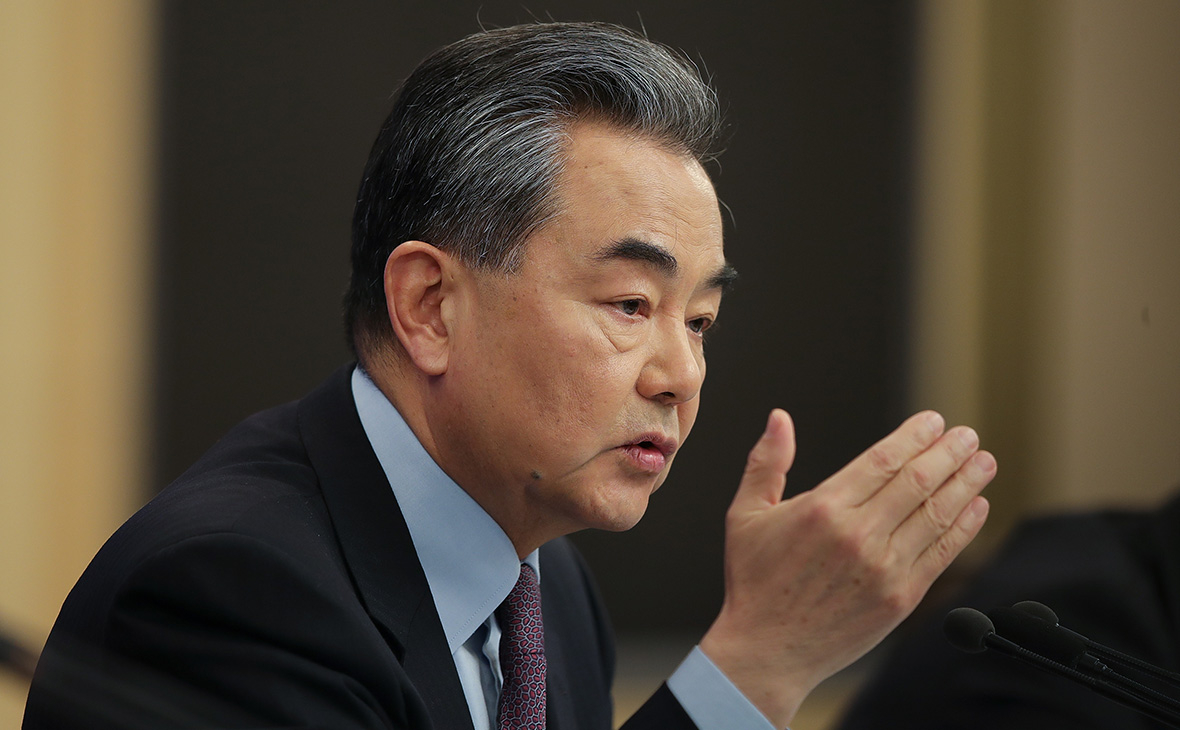The Chinese authorities will restrain the monopolization of the market and pursue a policy to protect the interests of small and medium-sized businesses. This was stated on Monday by Chinese President Xi Jinping, speaking at a meeting of the party committee on comprehensive deepening of reforms.
"It is necessary to strengthen antitrust measures and pursue a more intensive policy to create fair competition," Xinhua news agency quoted the Chinese leader as saying. "We need to provide a more extensive space for the development of all market participants, especially small and medium-sized businesses."
According to Xi Jinping, the competent state bodies of China should promote the formation of highly effective mechanisms of a socialist-type market economy in the country. "Great attention should be paid to the strategy for improving the general welfare," he stressed.
The Chinese President recalled that one of the main priorities for the Chinese leadership is the formation of a flexible system that will become a reliable guarantee of protecting the rights and interests of consumers.
As Han Wenxiu, deputy head of the office of the Financial and Economic Policy Committee of the Central Committee of the Communist Party of China, said last week, the tightening of antitrust measures of the Chinese government is not aimed at the private sector and foreign companies, the main task is "to ensure a more harmonious and sustainable development of the national economy." He stressed that small business and foreign capital are "an important basis for the socio-economic development of China."
In March, the Standing Committee of the National People's Congress (Parliament) He said that the Chinese authorities plan to review the national antimonopoly legislation in 2021 and form more reliable legal mechanisms to stimulate socio-economic development. In April, the country's state administration for market Control announced a fine of 18.22 billion yuan ($2.78 billion) from Alibaba for violating fair competition rules. In July, for the same reason, it ordered a subsidiary of the telecommunications holding company Tencent to break exclusive agreements with global record companies



 The Chinese President recalled that one of the main priorities for the Chinese leadership is the formation of a flexible system that will become a reliable guarantee of protecting the rights and interests of consumers.
The Chinese President recalled that one of the main priorities for the Chinese leadership is the formation of a flexible system that will become a reliable guarantee of protecting the rights and interests of consumers.






